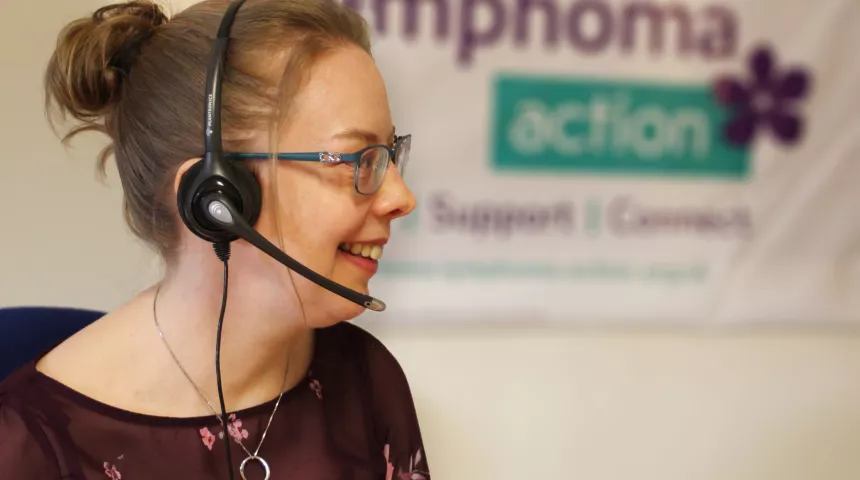
Talk to us
Our friendly helpline team are available weekdays 10am to 3pm on freephone 0808 808 5555. You can also email at information@lymphoma-action.org.uk or use Live Chat, which appears in the bottom right hand corner of your screen.
A lymphoma diagnosis takes time to adjust to. We're the only UK charity dedicated to lymphoma, and we're here to offer information and support to you, your friends and family.
Find out how we can support you and the people close to you.

Our friendly helpline team are available weekdays 10am to 3pm on freephone 0808 808 5555. You can also email at information@lymphoma-action.org.uk or use Live Chat, which appears in the bottom right hand corner of your screen.
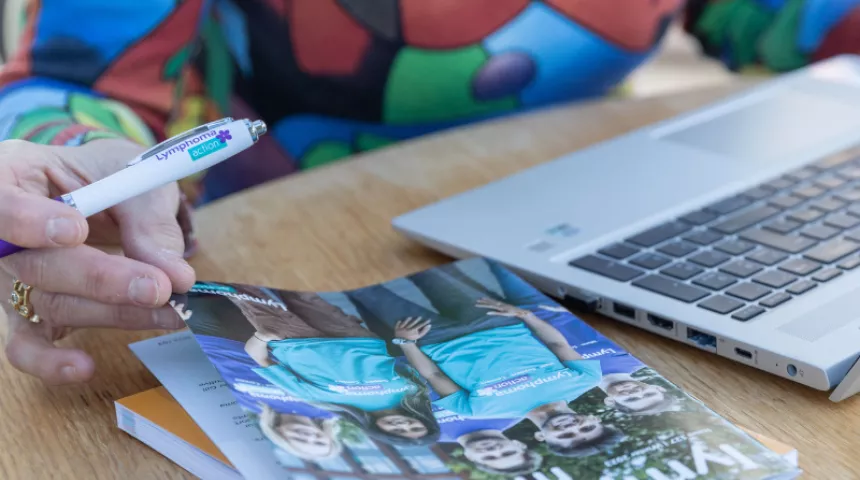
If you have just been diagnosed and you are about to start treatment soon, you might like to register for our Preparing for Treatment Service. Here we bring together some essential information that might help you to prepare physically, practically and emotionally, for treatment.
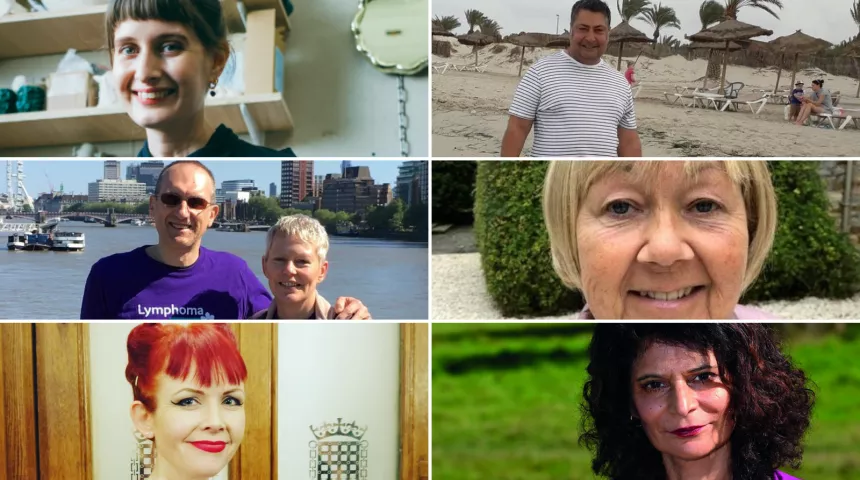
People often tell us they find it helpful to learn about the experiences of others affected by lymphoma. Read and watch as others share stories about their diagnosis and treatment, and how they've adjusted, practically and emotionally.
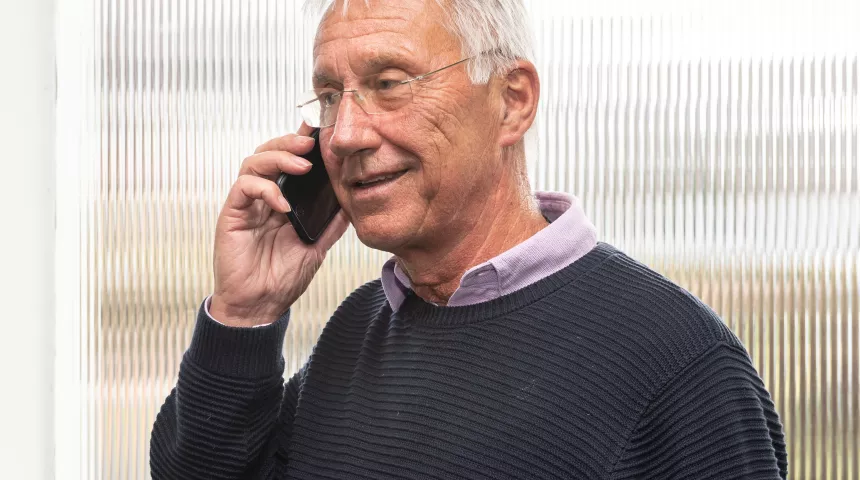
Our Helpline team can connect you with someone who has a personal experience of lymphoma.
Understanding a bit about lymphoma and its treatments can help in gaining a sense of control and in making informed decisions about your care.

You might feel a whole range of different emotions after your diagnosis, including shock, sadness, anger and helplessness. There is no simple way of dealing with these emotions, but there are things you can do to help yourself cope with the emotional impact of lymphoma.
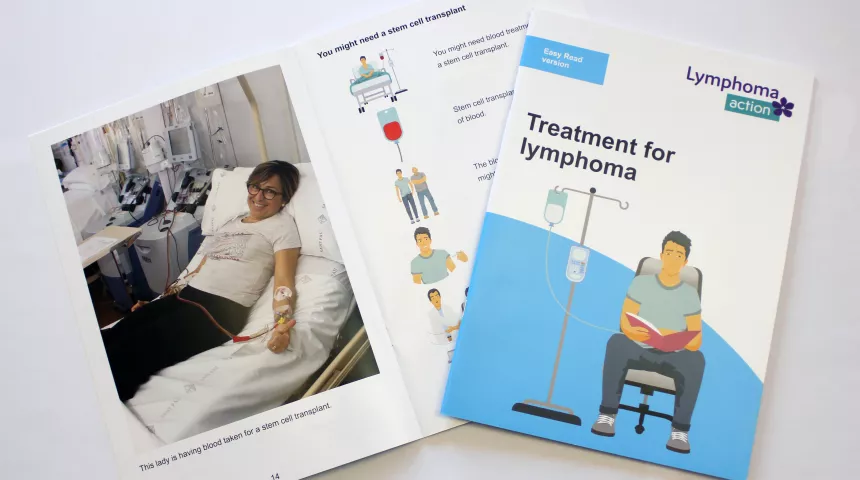
Your medical team plan the best treatment for you, based on lots of factors including the type of lymphoma you have and its stage (which parts of your body are affected). They also consider any symptoms you're having and your general health. Sometimes, lymphoma doesn’t need treatment straightaway. This is called 'watch and wait' (active monitoring).
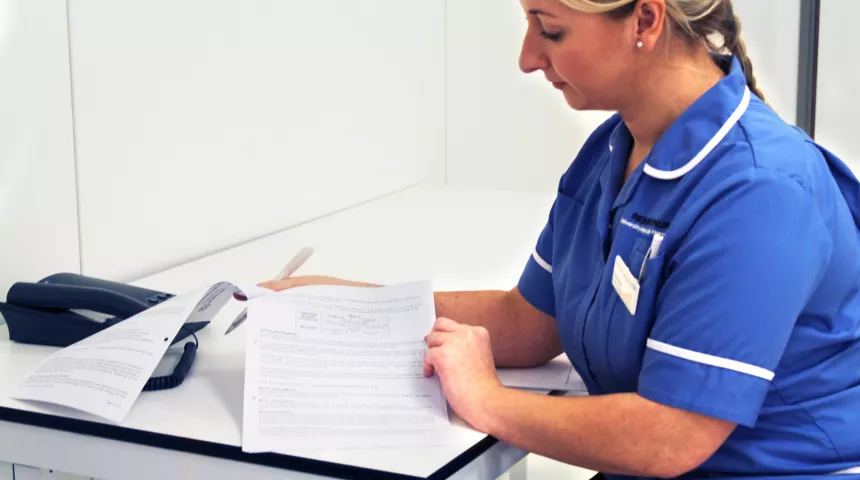
Your care and treatment is planned and managed by a team of health professionals, known as a multi-disciplinary team (MDT). Ask them any questions you have, and don't hesitate to ask for more information or for answers to be repeated if you'd find this helpful.
Our glossary provides definitions of some of the terms relevant to lymphoma that are commonly used by healthcare professionals.